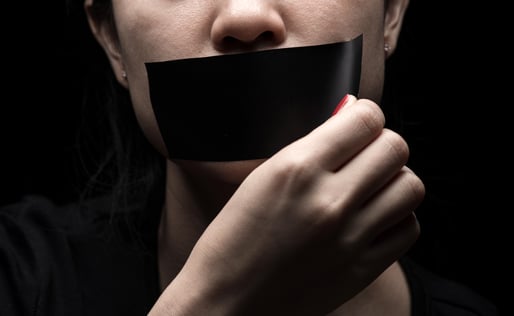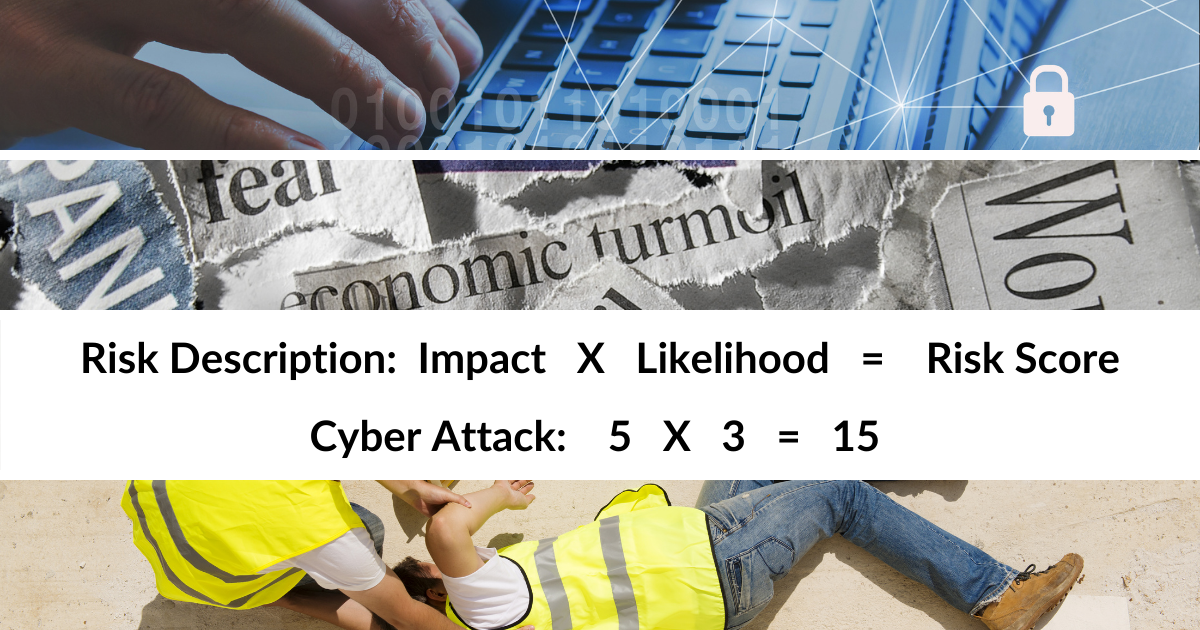Brands tackle racism: 100% wrong answer is silence, say consumers

“Republicans buy sneakers too.”
In episode five of ESPN’s hugely entertaining sports documentary series, ‘The Last Dance’, which focused on the 1998 and final season of the Chicago Bulls team that won six championships, that famous, not to say notorious, comment was revisited.
Michael Jordan firmly stands behind the comment, which he delivered while defending himself about not getting involved in the 1990 North Carolina US Senate race to defeat Jesse Helms, a politician with extreme racial views.
While Jordan says the comment was made in jest, he did not publicly endorse any candidate standing against Helms.
That was an era when brands did not feel they needed to get involved in social issues and there was no comeback from consumers if they stayed silent.
How times change!
The Atlantic magazine notes in a June 3rd article that the launch of ‘The Campaign for Real Beauty’ by Dove Soap in 2004 marked the point at which it became clear that social media had changed the game.
Dove proved that brands could make money by aligning themselves with consumers’ beliefs and social concerns.
In the past days, following the death of George Floyd in Minneapolis, we have seen many, many brands speak out against racism and offer support for the Black Lives Matter movement.
Not all the companies got the reception they might have imagined.
However, a poll published on June 2nd from the Morning Consult brand advisory firm proved there was one thing people could agree upon – brands should not stay silent.
There is the challenge for brands!
If the consumer imperative forces you to step forward and get involved in tinder-box issues such as racism, how do you do so in the right way?
There is no perfect organization out there, but it appears there are lessons for all of us from the brands that were perceived to get it right – and those that faced criticism.
The advertising and marketing magazine Campaign published a thought piece by media executive Vivienne Dovi about the five steps that show a brand genuinely wants to tackle institutionalized racism.
- Put your money where your mouth is
Companies which were praised for doing the right thing included YouTube, which tweeted that it was pledging $1m to the Center for Policing Equity, and Peloton which said it would donate $500,000 to the NAACP. - Invest in local communities
The beauty brand Glossier was applauded after it announced in an Instagram post that it was donating $500k in the form of grants to black-owned beauty businesses (and a further $500k to a range of organizations fighting racial injustice.) - Look within before speaking out
Nike often gets praise for the way it supports issues – you may recall its much-lauded advertising campaign with Colin Kaepernick in 2018.
On this occasion it ran a commercial with a variation of its familiar phrase, now expressed as, ‘For once, Don’t Do It’ - as in, don’t turn your back on racism. The video led to a backlash focused on the lack of racial diversity on Nike’s executive leadership team. - Don’t ignore your supply chain
The most common criticism of many of the brands that spoke out after the death of George Floyd was their commitment to eradicating racism existed only in the context of social media posts.
CNBC quoted a parody corporate statement by game critic Christopher Franklin that begins, “We at {BRAND} are committed to fighting injustice by posting images to Twitter that express our commitment to fighting injustice.”
Getting deep into your supply chain to weed out companies that have problematic policies or values is the real thing. - Make a difference with your offline presence
Vivienne Dovi’s point here is simple: actions speak louder than words.
As I write this blog, the beauty products giant L’Oreal Paris is under the spotlight after it tweeted a graphic that read, “Speaking out is worth it”. Sadly, they didn’t mean themselves.
An outraged Munroe Bergdorf, a black trans model, reminded us all that L’Oreal fired her in 2017 for speaking out on Facebook against racism following the Charlottesville rally. At that time, L’Oreal said that Bergdorf’s comments on white racism were at odds with its values of supporting tolerance and diversity towards all people.
I would add a sixth point to Vivienne Dovi’s guidelines.
Talk to your employees before you talk to the outside world. Your own people must be comfortable and believe in their own company and its values.
Apple’s Tim Cook and Evan Spiegel of Snapchat were two CEO’s that were reported to have sent lengthy notes to their employees addressing systematic racism.
That’s the way you build allies rather than detractors for your organization’s messaging within your own walls.
Learn how hundreds of organizations large and small are using our award-winning crisis management platform, In Case of Crisis, to better prepare for and respond faster to emerging threats.









